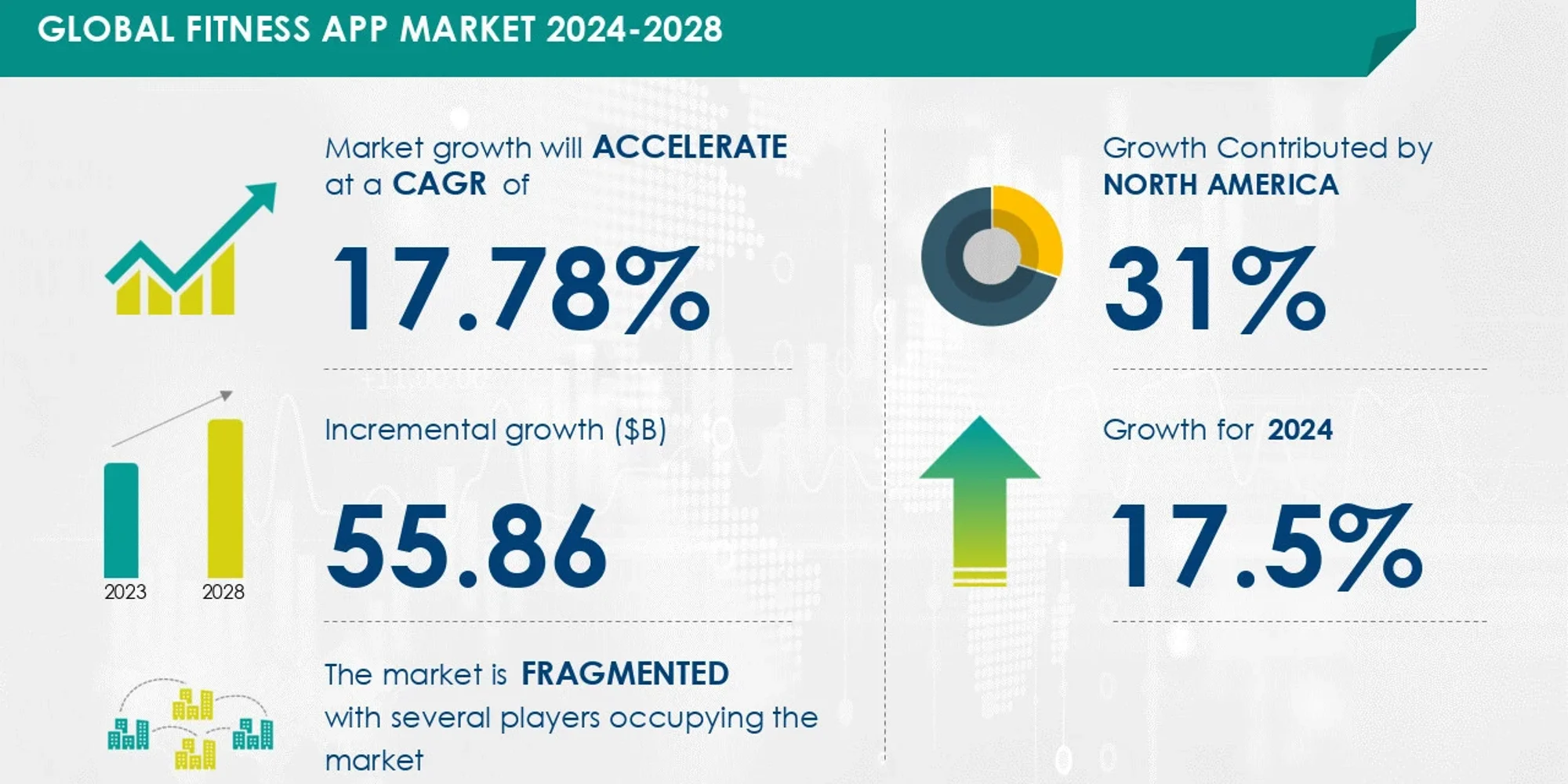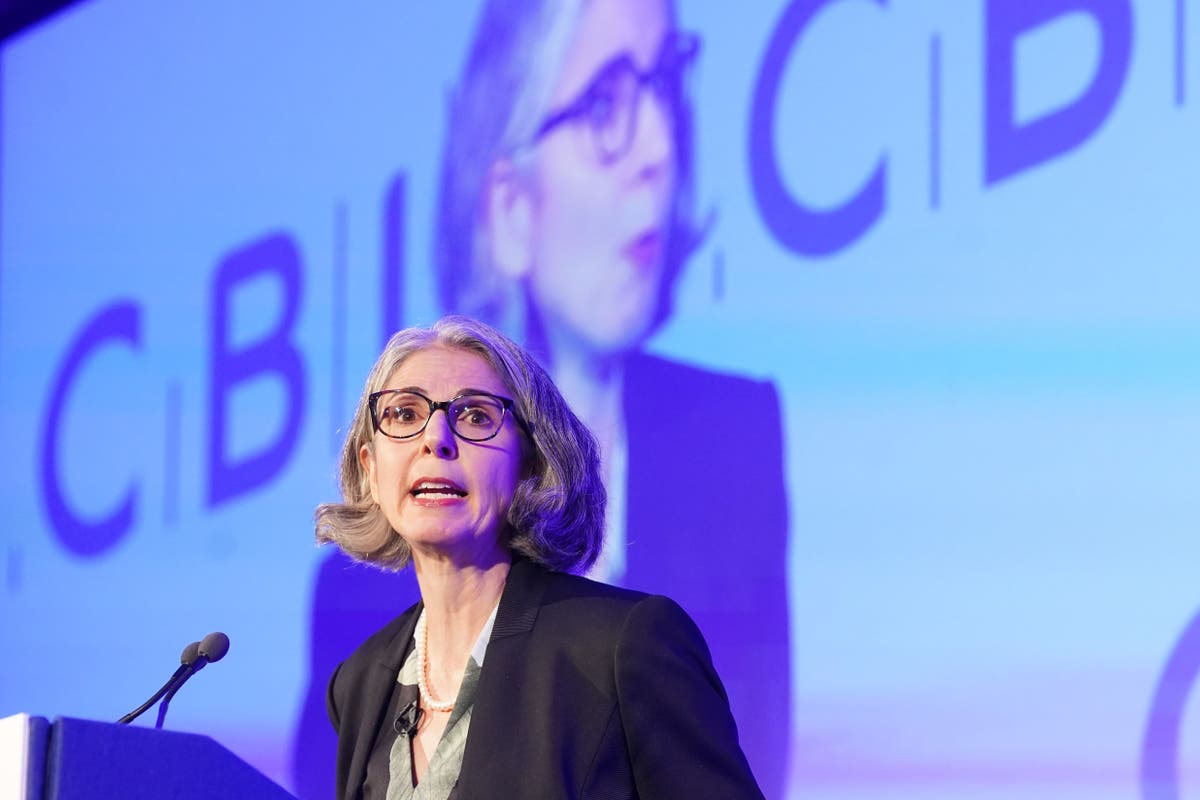Travel
The Hidden Power of Travel | By Maria Rocha Barros

“Where are you from?” A seemingly simple question that I constantly grapple with. Does it refer to my place of birth, my current residence, or the roots of my culture? These days, I often say: “I was born in London, my heart is Brazilian, and I live in Amsterdam.” Yet, simplifying it to just “Amsterdam” frequently prompts an odd look and a follow-up question: “Where are you from originally?” – which gets me struggling again…
Last spring, I spent 31 days traveling outside of Amsterdam. It was exhausting and rewarding, and I don’t think I am alone.
Following the three long years of restrictions and lockdowns, I find these 2 data points quite insightful:
- 50% of global travelers wanted to experience complete culture shock in 2023 – be it going somewhere with completely different cultural experiences and languages (51%) or exploring lesser-known cities with hidden gems that aren’t already on the radar (30%).
- This desire for the unknown is potentially at odds with the need for comfort and security – only 15% agreed to wanting to feel like they were somewhere different from home.
This is the essence of the travel experience paradox: an excitement of discovery mixed with a longing for safety of the familiar. And this is not new: recently I have read the book “Tourists: How the British Went Abroad to Find Themselves” by Lucy Lethbridge, and this paradox has been there since the start of tourists’ explorations (I will be posting my reflections on this book later on).
Having tasted the power of travel for myself, I became curious about its wider societal impact. What’s the sum total of millions of individual transformative experiences amount to? To answer exactly this question, we commissioned Economist Impact. Here is what we learned.
The Driver of Economic Opportunity
A report finding that surprised no one was that tourism plays a crucial role in local economies. This, however, came with a caveat that I found especially meaningful: a spur of growth in the travel industry particularly benefits often marginalized groups like women and young people. This impact extends beyond the sector itself by stimulating demand for various goods and services, prompting the development of local infrastructure, and generating additional export revenue.
The tourism industry serves as a driver of people’s livelihoods and prosperity, especially in developing countries. When it comes to the question of growing the industry in a more sustainable way, there are still issues to be addressed relating to the impacts of tourism on the environment. Mitigating these impacts must remain a top priority for our sector.
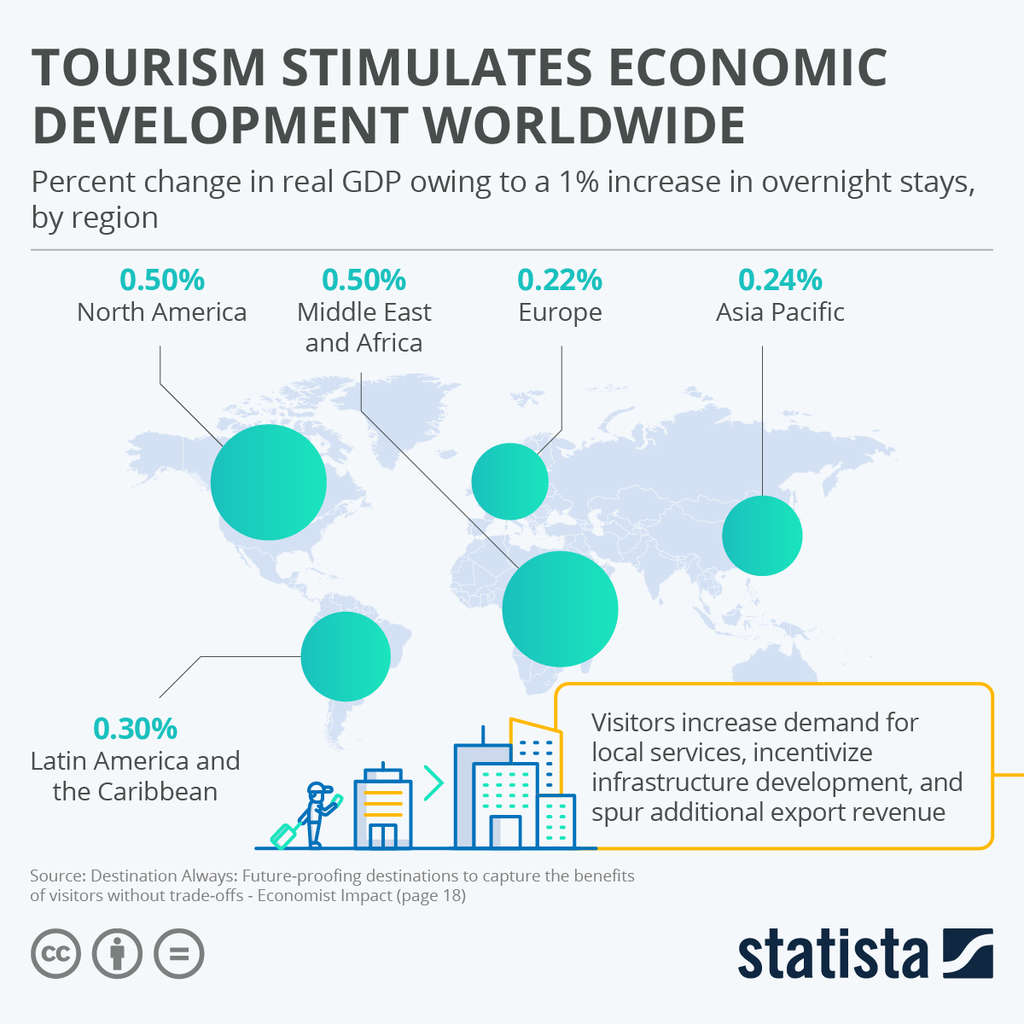
The Social Impact of Travel: Fostering Understanding and Tolerance
The impact of travel on social outcomes is less well understood. Nonetheless, the researchers behind Destination Always found that tourism plays a role in broadening individuals’ understanding of different cultures and driving tolerance in visitors and host communities. A striking finding is that it also improves equity between men and women, indicating that visitors help to improve the economic, social, and political position of women in host destinations.
In an era of unprecedented (digital) connectivity, bigotry and prejudice remain pervasive. Political movements have flourished by preying upon fears of “others,” leading to a rise in violence against minority groups. Travel and tourism may potentially combat these trends, facilitating interaction and engagement between groups of different backgrounds.
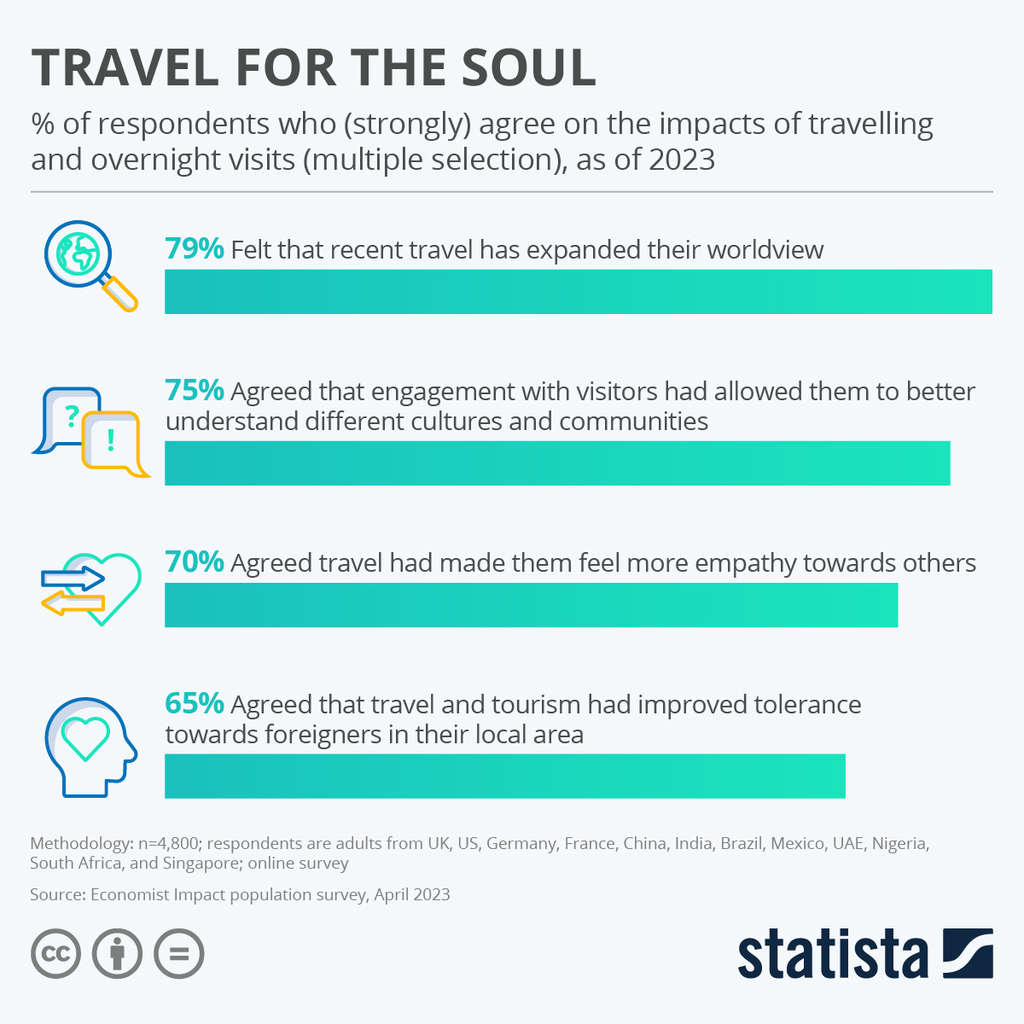
Empowering Women Through Travel and Tourism
The COVID-19 pandemic resulted in major setbacks for gender equality worldwide. Women’s economic participation regressed, but our sector can catalyze progress in advancing gender equity agenda globally, which for me was perhaps the most encouraging finding in the study. Almost two thirds of respondents (63%) felt that tourism has helped improve gender equity in their local area.
This research project revealed a positive relationship between overnight stays and gender equity, with a 1% increase in international tourist arrivals linked to a 0.02% improvement in a geography’s score in the WEF’s Global Gender Gap report. This is the early days of this type of research so we need to learn more.
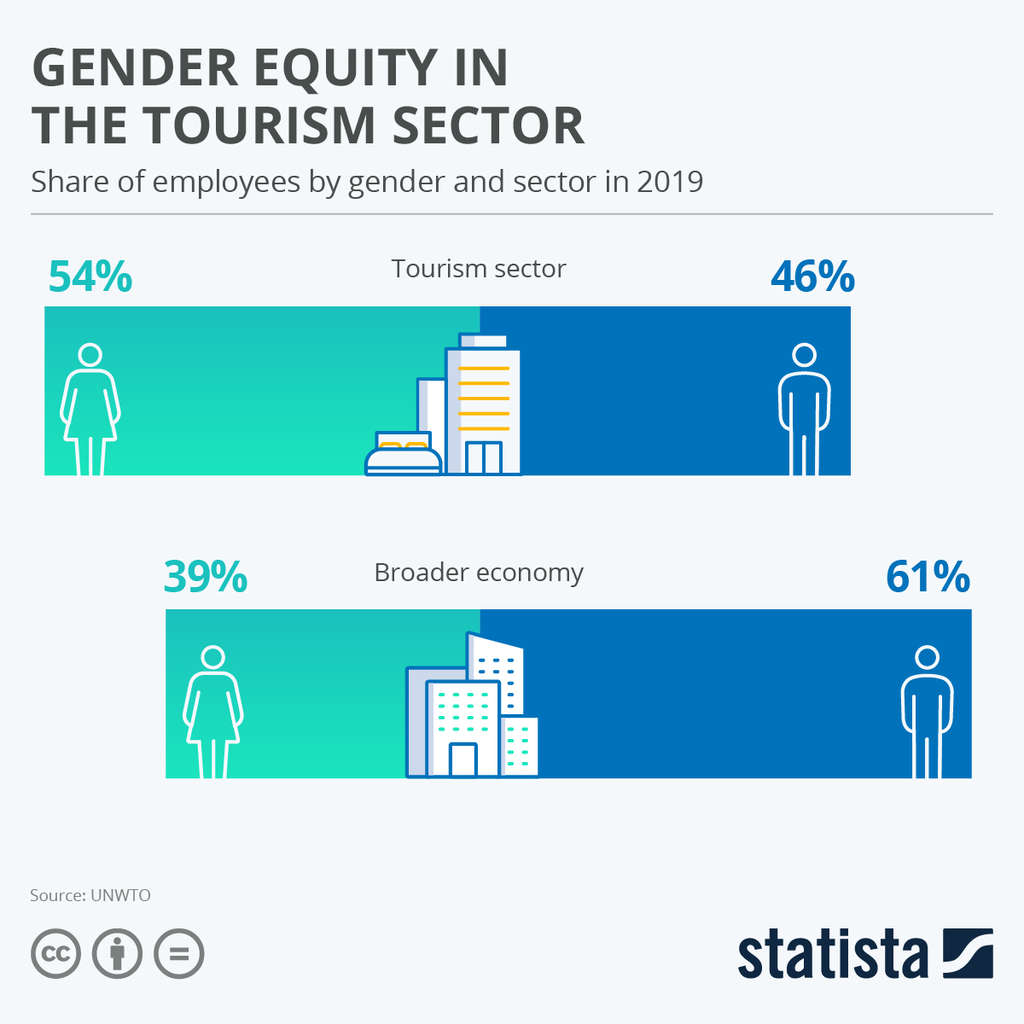
Gender equity and women empowerment are complex issues; no country, industry, or enterprise has conclusively solved them. I am reassured that our industry is a crucial agent of change, constantly learning and advancing towards full franchise for women.
In closing…
For a long time, I’ve been convinced that travel is a force for good in the world. Coming from someone in the tourism industry, I realize you might take this with a grain of salt. But for me, this is a reflection of a personal rather than professional journey.
Tourism is not a spectator sport – to paraphrase a famous proverb. As a “nomadic worker” (I don’t like to call myself an expat), it can sometimes feel that “everywhere and nowhere is home”. And I usually say that for every place I move, I should think of it, in the words of Vinicius de Moraes, as “infinite while it lasts.”
One of my favorite poets was referring to relationships but the same is true for places. While traveling, a sense of belonging often hinges on the experience itself: the warmth of a welcome that makes you feel at ease, the ability to navigate language and cultural barriers and resilience to deal with the unexpected. And maybe that is why I don’t like the word “expat”. It has a connotation – for many – of being at arm’s length and this is really not the way I want to approach my moves or travels!
At Booking.com, this knowledge is a source of inspiration and the sense of mission that drives us. Through this collaboration with Economist Impact, we have come to understand the extensive societal impact of the travel sector. Our industry drives economic opportunities, promotes social understanding and tolerance, and empowers women globally.
Society is made up of individuals like you and me. Each traveler’s journey contributes to our collective effort towards positive social change, one traveler and one trip at a time.

